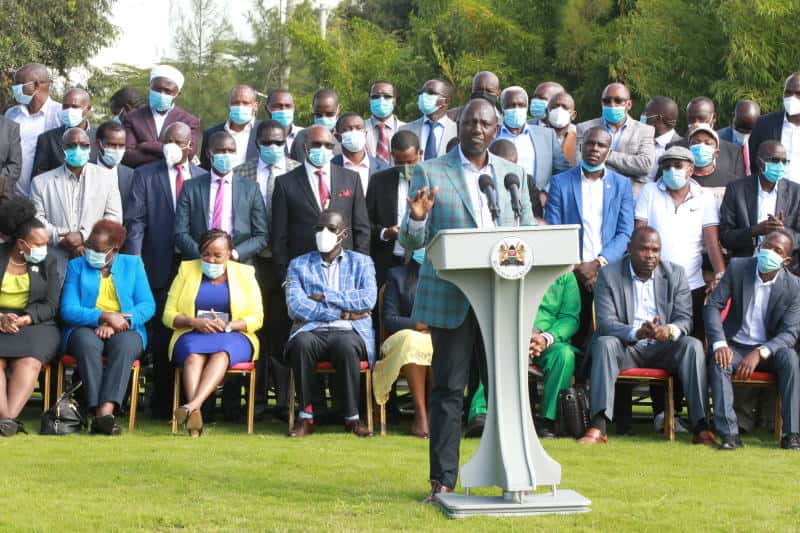×
The Standard e-Paper
Home To Bold Columnists

In what was interpreted as a staggered approach to opposing the proposed constitutional amendments, Deputy President William Ruto and his allies have issued fresh demands.
A week after skipping the launch of signature collection for the Building Bridges Initiative (BBI) report at KICC, Nairobi, Ruto emerged yesterday blowing hot and cold on the provisions of the Constitutional (Amendment) Bill, 2020.